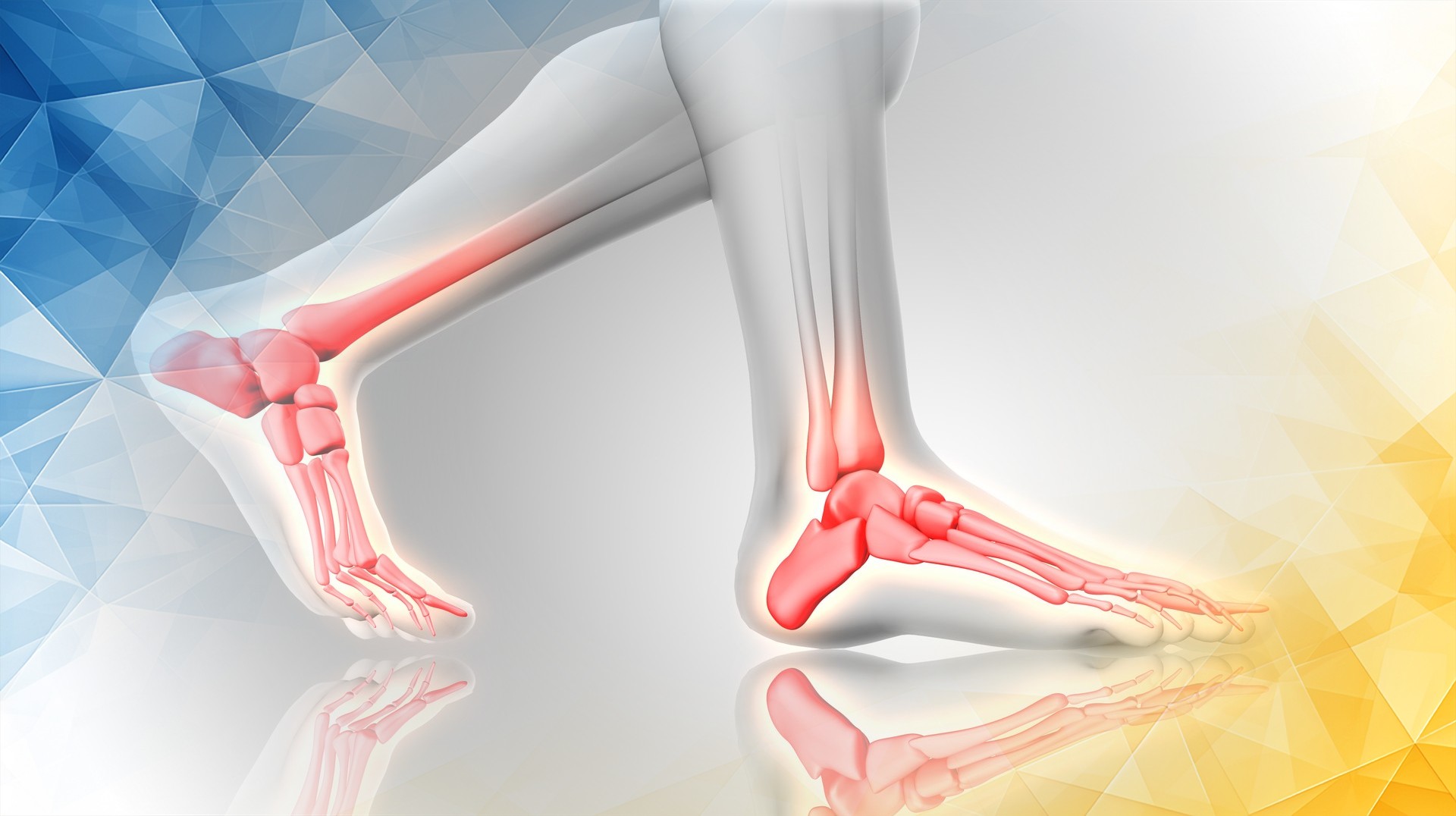



Cartilage surgery is a significant procedure aimed at repairing or replacing damaged cartilage, often due to injury or degenerative conditions like osteoarthritis. A proper diagnosis is usually made through physical examinations, imaging tests, and sometimes arthroscopy. While the surgery itself is crucial for restoring function and reducing pain, the role of physical therapy in the recovery process cannot be overstated. This article explores the importance of physical therapy after cartilage surgery, providing insights for patients seeking to understand how best to optimise their recovery.
Physical therapy is essential after cartilage surgery to ensure optimal recovery and restore the full function of the affected joint. Without proper rehabilitation, patients may face prolonged stiffness, weakness, and limited mobility, which can hinder their return to normal activities. Over time, physical therapy techniques work to strengthen muscles, improve mobility, restore joint function, and assist in pain management at the affected areas. For example, patients recovering from knee cartilage surgery will often be advised to bend and extend their leg gently over time. Physical therapy can also be highly effective at reducing the risk of complications such as re-injury.
Physical therapy involves a series of exercises and treatments designed to improve strength, flexibility, and function in the joint. These exercises are tailored to the individual’s needs and the specific type of surgery they have undergone. A typical physical therapy programme may include:
These exercises help to restore movement in the joint, preventing stiffness and improving flexibility.
Targeting the muscles around the joint, these exercises enhance stability and support, reducing the risk of re-injury.
Essential for regaining proper joint function and preventing falls.
Hands-on techniques performed by the therapist to mobilise the joint and soft tissues.
Physical therapy accelerates the healing process, helping patients return to their daily activities more quickly.
Through targeted exercises, physical therapy improves joint mobility, strength, and coordination.
Therapeutic exercises and techniques help manage post-surgical pain and inflammation.
Regular physical therapy reduces the likelihood of complications such as joint stiffness, muscle atrophy, and improper healing.
The duration of physical therapy varies depending on the extent of the cartilage damage, the type of surgery performed, and the individual’s overall health. Typically, physical therapy can last from several weeks to several months. It’s crucial to follow the therapist’s recommendations and continue with the prescribed exercises even after formal therapy sessions have ended to maintain and further improve joint function.
While physical therapy is the gold standard for post-surgical recovery, other complementary treatments can support the rehabilitation process. These include:
Physical therapy is a vital component of recovery after cartilage surgery. It helps patients regain mobility, strength, and function in the affected joint, ensuring a smoother and quicker return to daily activities. By adhering to a tailored physical therapy programme, patients can significantly enhance their recovery outcomes and overall quality of life. Contact London Cartilage Clinic today if you are thinking about pursuing cartilage surgery.
Physical therapy typically includes range of motion exercises, strengthening exercises, balance and coordination training, and manual therapy. These exercises are tailored to the patient’s specific needs and the type of surgery performed.
The duration of physical therapy varies but generally ranges from several weeks to several months. The exact timeframe depends on the extent of the damage, the type of surgery, and the individual’s overall health and progress.
Yes, many physical therapy exercises can be performed at home. Your physical therapist will provide a customised home exercise programme to supplement your in-clinic sessions and help you maintain progress.
Skipping physical therapy can lead to prolonged stiffness, weakness, and limited joint mobility. It can also increase the risk of complications such as muscle atrophy and improper healing, potentially requiring additional medical interventions.
In addition to physical therapy, treatments such as cryotherapy, aquatic therapy, and home exercise programmes can support your recovery. These complementary treatments can help reduce inflammation, manage pain, and improve joint function.
All our treatments are selected to help patients achieve the best possible outcomes and return to the quality of life they deserve. Get in touch if you have any questions.
At London Cartilage Clinic, we are constantly staying up-to-date on the latest treatment options for knee injuries and ongoing knee health issues. As a result, our patients have access to the best equipment, techniques, and expertise in the field, whether it’s for cartilage repair, regeneration, or replacement.
For the best in patient care and cartilage knowledge, contact London Cartilage Clinic today.
At London Cartilage Clinic, our team has spent years gaining an in-depth understanding of human biology and the skills necessary to provide a wide range of cartilage treatments. It’s our mission to administer comprehensive care through innovative solutions targeted at key areas, including cartilage injuries. During an initial consultation, one of our medical professionals will establish which path forward is best for you.
Contact us if you have any questions about the various treatment methods on offer.
Legal & Medical Disclaimer
This article is written by an independent contributor and reflects their own views and experience, not necessarily those of londoncartilage.com. It is provided for general information and education only and does not constitute medical advice, diagnosis, or treatment.
Always seek personalised advice from a qualified healthcare professional before making decisions about your health. londoncartilage.com accepts no responsibility for errors, omissions, third-party content, or any loss, damage, or injury arising from reliance on this material. If you believe this article contains inaccurate or infringing content, please contact us at [email protected].